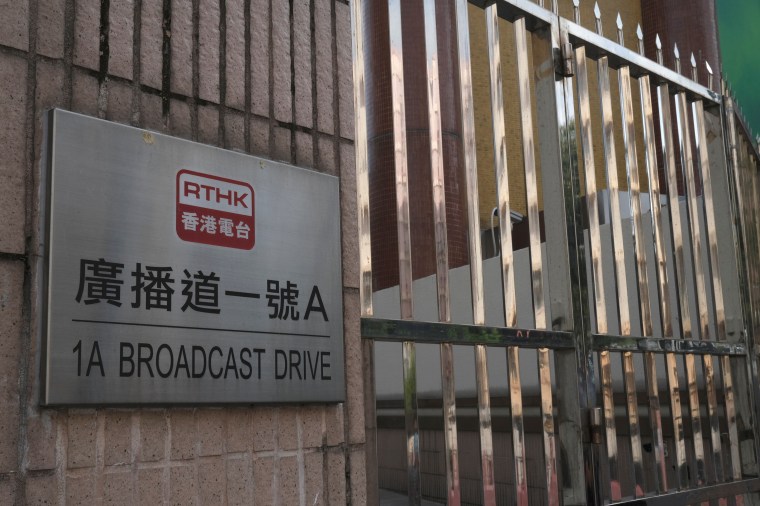Taipei, November 3, 2020 — Police in Hong Kong must immediately drop all charges against Choy Yuk Ling, a producer with the city’s public broadcaster Radio Television Hong Kong (RTHK), and allow journalists to report freely on matters of public interest, the Committee to Protect Journalists said today.
Yesterday, Hong Kong police searched the home of Choy, a producer of RTHK’s documentary program “Hong Kong Connection,” and arrested her, according to the program’s statement on its Facebook page and news reports.
Police charged Choy with violating the Road Traffic Ordinance by giving false statements to obtain vehicle information during research for a documentary, according to RTHK and news reports. If convicted, Choy could face a fine of HK$5,000 (US$645) and up to six months in jail, according to those reports and Hong Kong’s legislation database. Choy was released on a HK$1,000 bail (US$129) last night and a trial is scheduled for November 10, according to the Chinese-language newspaper Ming Pao.
“Arresting and searching the home of documentary producer Choy Yuk Ling over a routine search of a vehicle database is an absurdly disproportionate action that amounts to an assault on press freedom,” said Steven Butler, CPJ’s Asia program coordinator, from Washington, D.C. “All charges against her should be dropped.”
Choy was one of the producers of an investigative documentary that aired on July 13, 2020, on RTHK about the violent mob attacks that took place on July 21, 2019, at the Yuen Long metro station, where more than a hundred men dressed in white shirts entered the station and attacked passengers in the station with rods and sticks, according to reports. The documentary, “7.21 Who Owns the Truth,” traced and identified the owners of the cars that gave rides to the attackers using the government’s online license plates registration records, the reports said.
According to those reports, the online license plates registration records include vehicle owners’ personal information, including names, residential addresses, and personal ID numbers. A person must state one of three reasons for accessing the database: for transport related proceedings, the sale and purchase of a vehicle, or traffic and transport related matters, reports said.
The Hong Kong police force was heavily criticized for failing to respond in time to the Yuen Long attack at the station, and changing its description of the incident from “violent attacks” to “gang fight,” which prompted accusations that police colluded with the attackers, according to news reports.
The Hong Kong Journalists Association and seven other journalist union organizations released a joint statement on Facebook condemning the arrest, stating that it is a common practice for journalists to use public records in their investigations. The statement alleged that the police abused the law to suppress normal reporting, which is bound to destroy freedom of the press and cause a chilling effect.
In a short interview posted by RTHK on Facebook, Choi expressed similar concerns about a possible chilling effect of the incident on the media industry and police suppression of press freedom.
The Hong Kong police public relations branch did not immediately respond to CPJ’s email requesting comment.
CPJ has documented the broad decline of press freedom in Hong Kong in recent years, and after the July imposition of a national security law in the former British colony.
